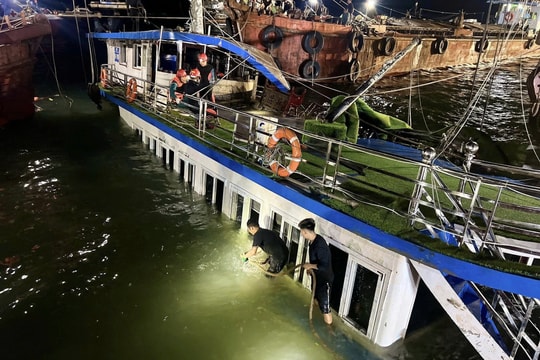So that your children's trips won't be filled with regrets, 'If only…'
Every trip, whether near or far, is always a journey of dreams. For children, it is a magical world opening up, the laughter when touching the sand, the surprised eyes when looking at a strange beautiful scene.
We, as parents, work hard and save every penny, just to get those happy moments for our children. The trip to Ha Long of Mr. Hung, Ms. Hien and their two children must have been filled with so much love and hope.
Then, in just a few fateful seconds, a storm came, turning those dreams into painful memories, forever. The capsized ship Bay Xanh 58 on July 19th, was not a distant film, but a harsh reality that just happened, right next to us.
The choking sobs of the mother and wife when receiving three bodies wrapped in white tarps, the heartbreaking question: "Can anyone sell me a ticket back from yesterday? My husband and children will not leave yet!" - all remind us of the fragility of life, especially when we are carrying small creatures on our shoulders.
The creatures that forever lie at the bottom of the cold sea, and the innocent eyes that were lucky to escape like the resilient 14-year-old boy, have sounded a profound alarm.
As someone who has experienced the precarious moments between life and death, I understand better than anyone the impermanence of life, and more than anything, the responsibility of every parent in preparing their children for every trip.
We can't prevent every risk, but we can do everything in our power to protect those smiles and those innocent dreams.
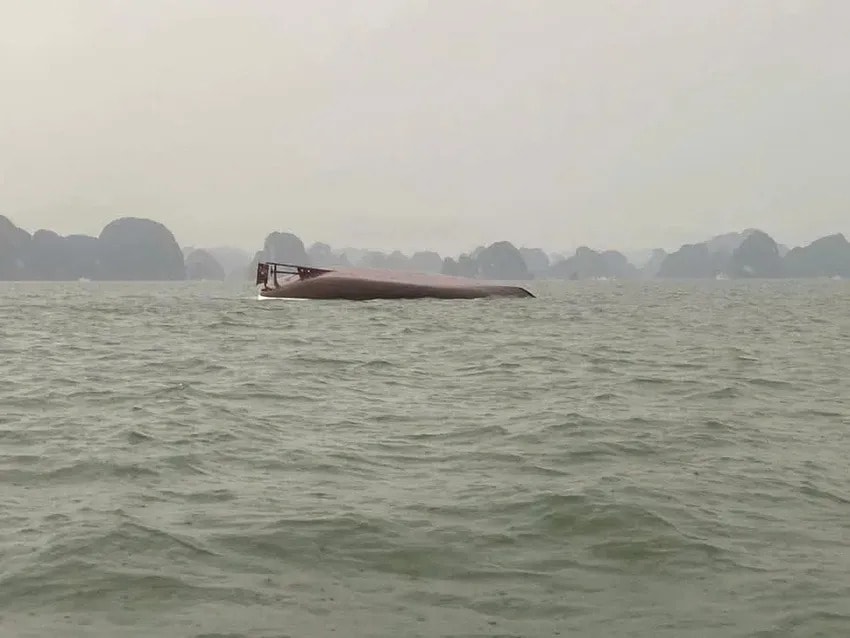
Life-saving "secrets" for your family
As adults, we can make mistakes and try again. But with the lives of our children, you are not allowed to make mistakes, even just once. I do not want to scare you. Because impermanence does not need to be threatened. But I want us to learn together how to prepare, so that when an incident happens (which we never want), we do not have to live our whole lives in torment: "If only I had prepared more carefully...".
Here are five little things that can save your family before every trip:
1. Your first escape map: As soon as you arrive in a new place, whether it's a hotel room, a train cabin, or an airplane seat, take a minute to look around. "Where's the nearest exit?"
When you enter your room, find the escape map on the wall. When you board a ship, count the steps to the deck. When you are on a plane, look for the nearest exit. You can’t lead your child to safety if you don’t know the exit yourself. Make it a game, a natural part of your family routine.
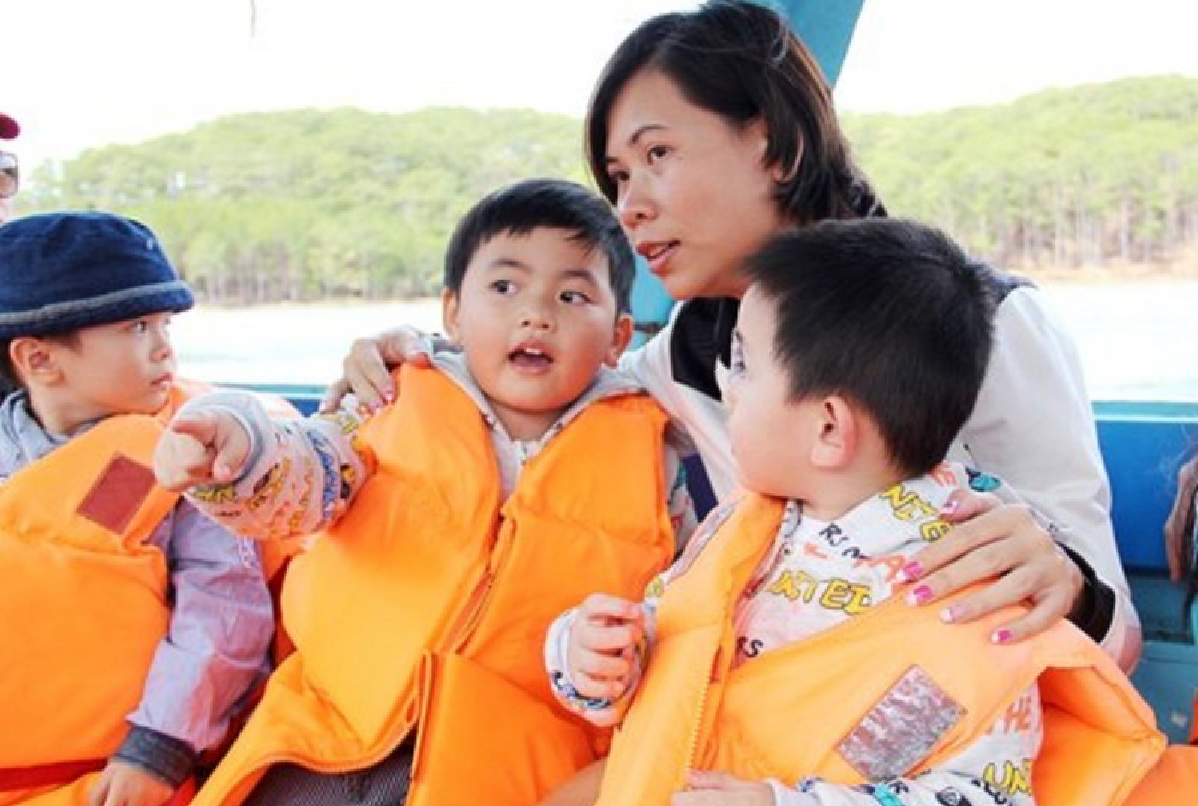
2. Life jackets – not just an “accessory”: The Ha Long accident has clearly demonstrated that life jackets are the last “wall” between life and death. Don’t hesitate to ask if there are life jackets in the right size for children. Children under 5 need a separate life jacket, a small size that fits well. Many times, life jackets are available but not the right size, or are stored in a place that is hard to find. Ask to see and even try on your child on the spot.
Don't worry if someone thinks you're "too careful". Because between life and death, a standard life jacket, worn correctly, is the most precious lifeline.
Explain its meaning, train your child to wear it, and most importantly, be a role model yourself. Seeing the unfortunate father still clutching the life jacket strap when he was found, we understand this even more.
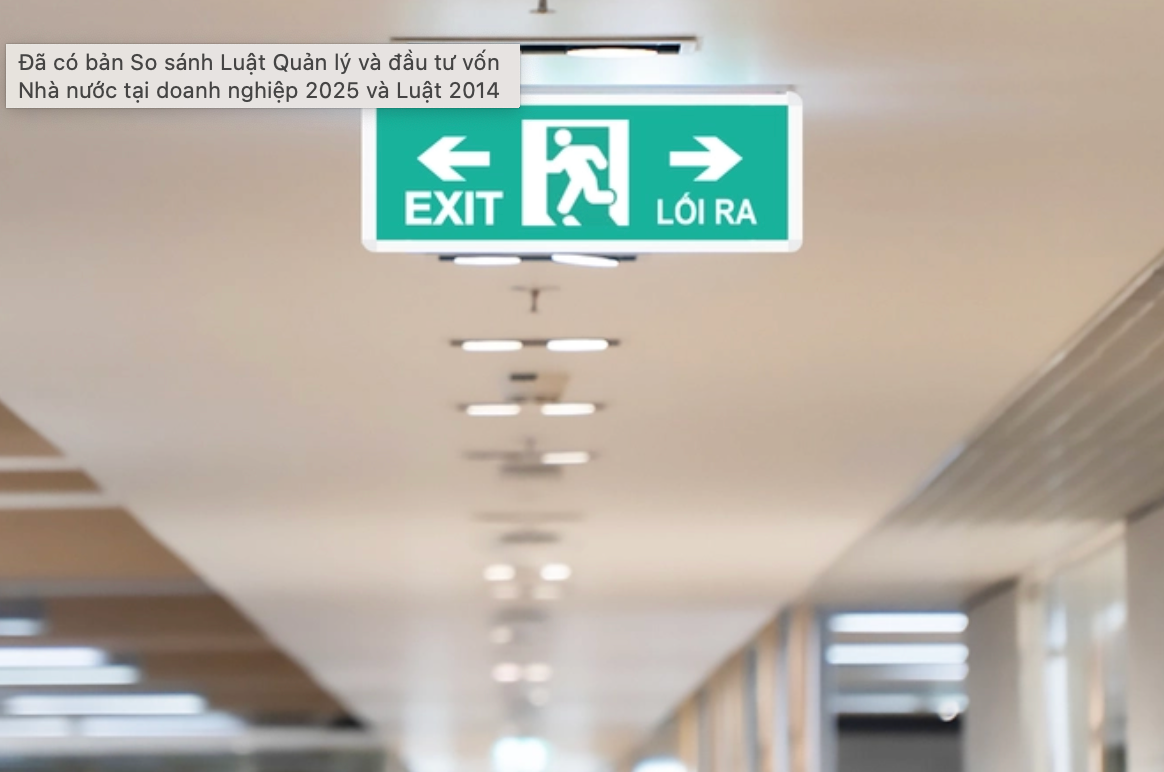
3. Family safety "code": Get your child into the habit of paying attention to safety signs or special commands. Agree on a few simple "codes" with your child.
"Remember, if you hear this bell (or this whistle), you must run after your parents immediately." Or "If you see a lot of smoke, bend down and hold your parents' hand tightly."
Sometimes, just a simple command, a pre-formed reflex, can save the whole family in a chaotic situation.
At the same time, prepare a small, laminated card, clearly stating the child's name, parents' full names, emergency contact numbers, and even blood type if possible. Tell your child to always carry it in a pocket or small backpack, and know how to give it to an adult when needed. If it is a beach trip, teach your child to swim. Not only is it a survival skill, but it also helps your child become more confident and safer in the water environment.
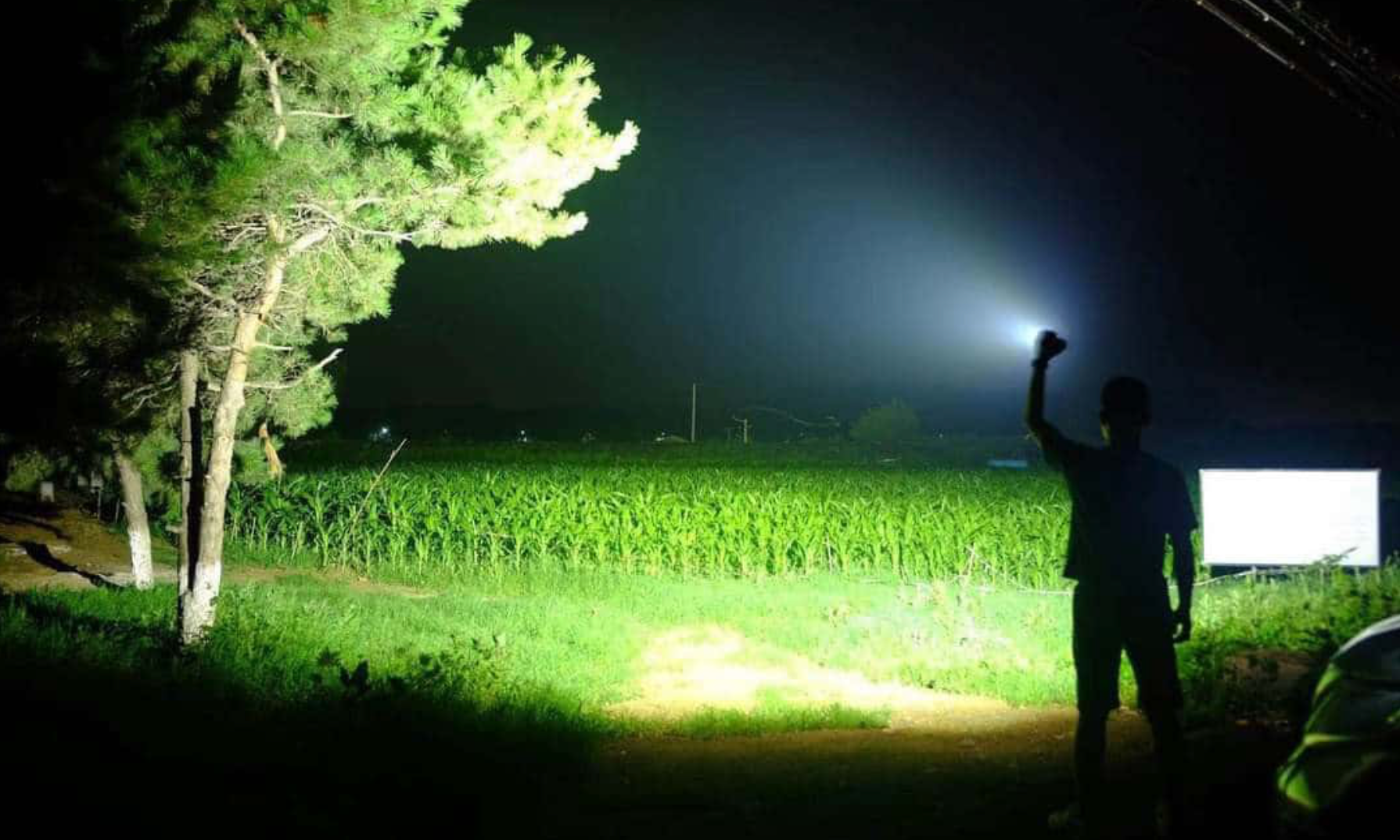
4. "Guiding light" in the dark: Always carry a compact flashlight that can be attached to your keys or backpack. In an emergency, if the power goes out, you will have to carry your child, and fumbling for your phone will be difficult.
A small flashlight can be the only light source to guide you outside. If you have a smart watch, find out and set the SOS mode. With just one click, you can send out an emergency location signal, asking for help.
5. 5-minute "rehearsal": Share responsibilities: Before going out, spend 5 minutes together "simulating" an emergency situation. "If something happens, who will carry child A? Who will carry child B? Who will handle the paperwork? Who will call for help?" "If we have to evacuate, which direction will we go and where will we meet?"... Sharing roles and speaking clearly with each other will help the whole family avoid screaming and asking each other "What now? What now?" in utter panic.
Listen to your intuition and lead by example
Sometimes, your instincts as an adult are important. If the weather suddenly turns bad despite a good forecast, if the ship shows signs of abnormality, or if you simply feel uneasy, don't hesitate to postpone or cancel your trip. Your child's safety is not worth the cost.
Be a good example of safe behavior for your child. Wear a life jacket with your child, follow the instructions of the crew, and avoid pushing and shoving. When your child sees you taking things seriously, he or she will learn to protect himself or herself.
However, the efforts of parents are not enough. Children's dreams need to be protected by a solid safety system. The Ha Long accident has exposed loopholes, from the need to tighten ship inspection standards to the awareness of compliance with regulations of some individuals and organizations.
We need to work together, from the government in tightening inspections and improving early warning technology; from tourism businesses in ensuring every ship and every trip meets the highest safety standards; to each tourist in voluntarily complying with regulations.
Let every trip of yours be a journey of joy and peace, no longer haunted by the "whispers of impermanence" from the sea.

